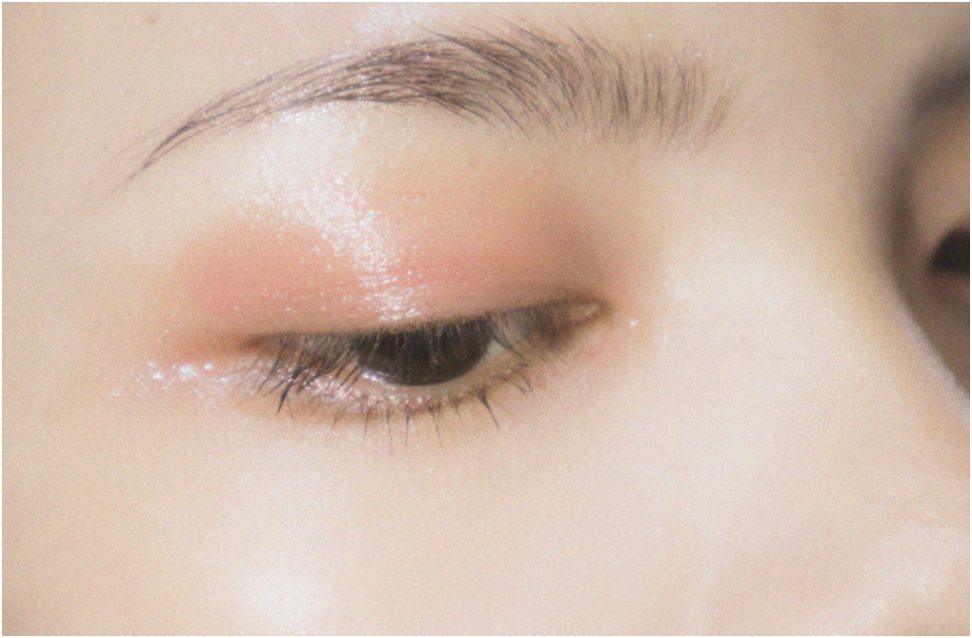Your skin is the largest organ of your body, acting as a protective barrier against environmental hazards and playing a vital role in overall health.
Maintaining healthy skin isn’t just about looking good; it’s also about staying healthy. Here are five effective ways to keep your skin in top condition.
1. Follow a Balanced Diet
Eating a diet rich in fruits, vegetables, lean proteins, and healthy fats can significantly impact your skin’s health. Nutrients like vitamins A, C, E, and omega-3 fatty acids are crucial for maintaining the skin’s elasticity and appearance. Antioxidant-rich foods, such as berries, nuts, and leafy greens, help combat free radical damage, which can cause premature aging.
Staying well-hydrated is essential for skin health. Drinking plenty of water helps maintain the skin’s moisture balance and flushes out toxins, giving your skin a radiant, healthy glow. Aim for at least 8 glasses of water a day, and increase your intake if you are physically active or live in a hot climate.
2. Establish a Consistent Skincare Routine
Daily cleansing removes dirt, oil, and impurities that can clog pores and cause breakouts. Use a gentle cleanser suited to your skin type—oily, dry, combination, or sensitive. Avoid harsh soaps that can strip your skin of its natural oils, leading to dryness and irritation.
Exfoliating your skin once or twice a week helps remove dead skin cells, revealing a smoother and more radiant complexion. Use a mild exfoliant to avoid damaging your skin. Over-exfoliating can cause irritation and weaken the skin’s barrier function.
3. Protect Your Skin from the Sun
One of the most crucial steps in maintaining healthy skin is protecting it from harmful UV rays. Daily application of a broad-spectrum sunscreen with an SPF of at least 30 can prevent sunburn, reduce the risk of skin cancer, and prevent premature aging. Apply sunscreen even on cloudy days, as UV rays can penetrate through the clouds.
In addition to sunscreen, wear protective clothing, such as long-sleeved shirts, wide-brimmed hats, and sunglasses, to shield your skin from direct sunlight. Seeking shade during peak sun hours (10 AM to 4 PM) can also minimize sun exposure.
4. Maintain a Healthy Lifestyle
Regular physical activity increases blood circulation, which helps nourish skin cells and keep them vital. Exercise also promotes the removal of toxins through sweat and can reduce stress, which is a common trigger for various skin issues, including acne and eczema.
Sleep is essential for skin repair and regeneration. Aim for 7-9 hours of quality sleep per night. Poor sleep can lead to dark circles, a dull complexion, and an increase in inflammatory skin conditions. Establish a relaxing bedtime routine to improve your sleep quality.
5. Go for Skin Resurfacing
Skin resurfacing is a cosmetic procedure that helps rejuvenate the skin by removing damaged outer layers and stimulating the production of new, healthy skin cells. This procedure can address various skin concerns, including fine lines, wrinkles, scars, uneven skin tone, and texture.
There are several types of skin resurfacing treatments available, each with its unique benefits. You can consult a dermatologist or plastic surgeon to find the best option for you.
Must Read :
- What Does Contingent Mean In Real Estate?
- How Much Does It Cost To Become A Realtor?
- Who Can File An Ethics Complaint Against A Realtor?


